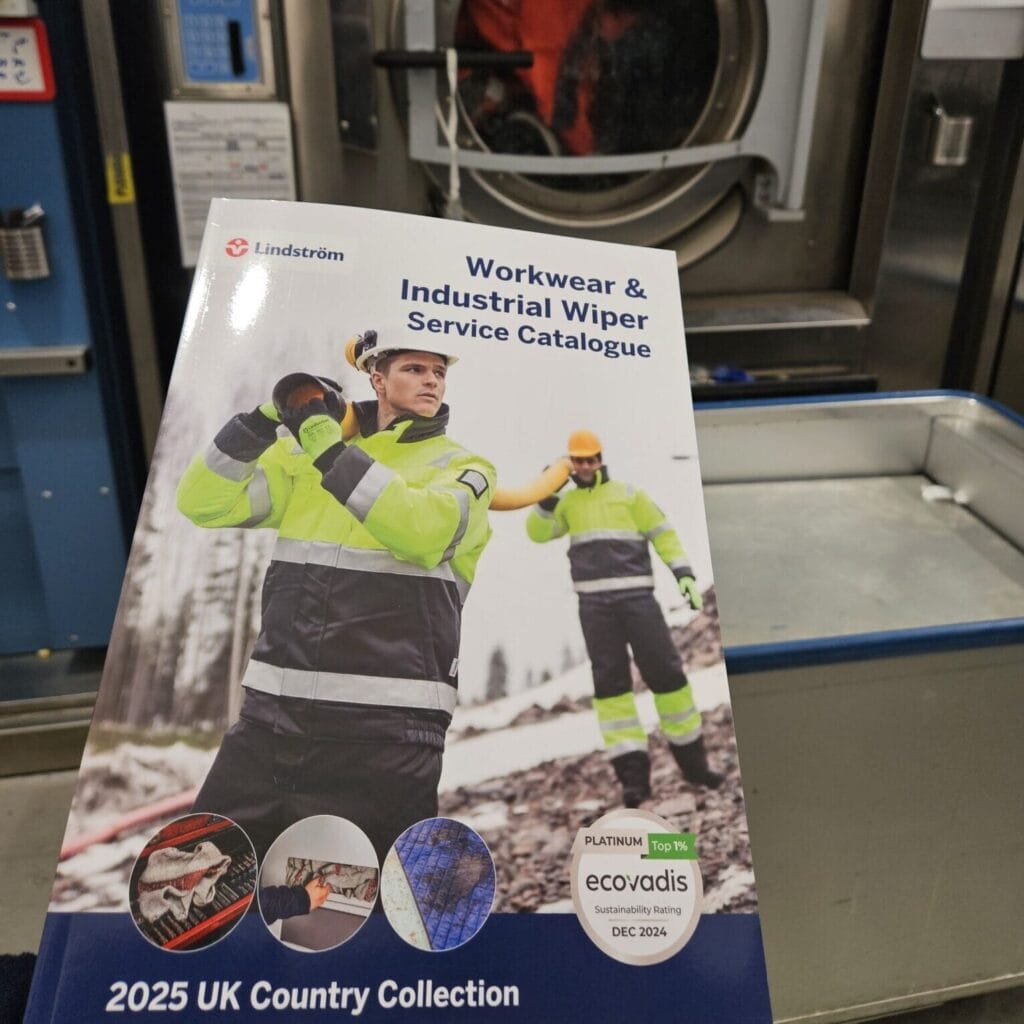
What Does Fabrication Mean In Engineering?
Fabrication and manufacturing are two common industrial terms, often used interchangeably. Both of which describe varying industrial process of assembling, making, or producing a product. They are linked to the process of production or construction. However, there is a difference between the two terms.
What Does Manufacturing Mean?
The verb manufacture is defined in the Cambridge English Dictionary as “to produce goods in large numbers, usually in a factory using machines”. This manufacturing involves large-scale production using labour, machines, tools, and chemical or biological processing.
Manufacturing is the process of converting raw materials into a finished product, by means of a large-scale industrial operation. Essentially, it is producing something from start to finish. The process is the steps that the raw materials have to undergo before being converted into the final product.
What Is Fabrication?
The noun fabrication is derived from the verb fabricate, which refers to the process of constructing products by combining diverse, typically standardised parts. Therefore, fabrication involves combining different parts to form a finished product using one or more individual processes. Metal fabrication refers to the building of metal structures by assembling, bending, and cutting processes. It is a value-added process that involves creating machines, parts, and structures.
How Does The Manufacturing & Fabrication Processes Differ?
The key difference between manufacturing and fabrication is how much of a process a job involves. Fabrication involves the assembly of standard or specialised parts to form parts of a product to be used in the manufacture of the finished piece. Manufacturing, however, is a start to finish movement, from the creation of parts through to the final assembly to produce a finished product, often using areas of fabrication within the manufacturing process.
Metal Fabrication
Metal fabrication is used across a wide range of applications, industries, and consumer products. It is the creation of metal structures by cutting, bending, and assembling processes. The process will form a complete product made from smaller readily available standardised sub-items.
Often these sub-items are created using computer-aided designs (CAD) that are often programmed using computer numerical control (CNC) technology. The CNC will then communicate directly with machinery on the factory floor.
By using such technology, the factory produces a custom-designed part or product of high quality and precise finish. It is favoured in many industries due to its accuracy, consistency, and ability to increase production and uniformity.
Coolant For CNC Machines
CNC fabrication technology has various uses in manufacturing and engineering fabrication applications. Computer-controlled machining is particularly useful in settings that require the production of large quantities of fabricated items.
However, coolant is one of the most important components of the machining process and plays a crucial role in prolonging the machine’s life. Problems with the coolant system can result in machining bottlenecks, poor product quality, and costly downtimes.
Coolant, also known as cutting fluid, is a type of lubricant that aids a CNC machine to easily cut materials such as metals, fiberglass, and high-density plastics.
Uses of coolant in a CNC milling machine:
- Protecting the machine against corrosion
- Helps to lubricate during cutting process
- Cooling hot surfaces to ensure safe handling of the machine and the workpiece
- Improving machine life
- Protecting the workpiece from deforming due to intense heat
CNC Maintenance
Proper maintenance is necessary to keep coolant systems and CNC machines in perfect condition. There are various types of machining coolants such as synthetic fluids and soluble oils. Therefore, a business needs a solution in place for any spills that occur.
Manufacturing and engineering industries need wiper rags that are strong and absorbent. Lindstrom engineering wipers are 6x more absorbent and 3x thicker than disposable rags. They are also all standardised, so production managers know exactly what they are getting. Ensuring excellent performance across all maintenance, industrial and workshop activities.
Additionally, having absorption mats placed underneath CNC machinery, receptacles, and maintenance items protect work facilities against leaking and spilt liquids. Furthermore, diverse absorption mats can also be used as a working platform.
Why Rent Lindstrom Spill Mats & Wipers?
Our industrial wiper rental service is a cost-efficient solution with no up-front costs for the initial stock. The benefits of renting wiper cleaning rags from Lindstrom include:
- Always have enough clean wipers with a flexible service that adapts to your business needs
- Keep your work environment tidy with included collector eco-bins or UN30088-rated eco-containers
- Correct disposal of the hazardous waste following the UK regulations
- Environmentally-friendly solution with a laundry process where 100% of the water used is recycled
Lindstrom is an ISO 14001 accredited company, and our service is ISO 9001:2000 certified. Contact our team today to see how our wiper rental service can help your business.



